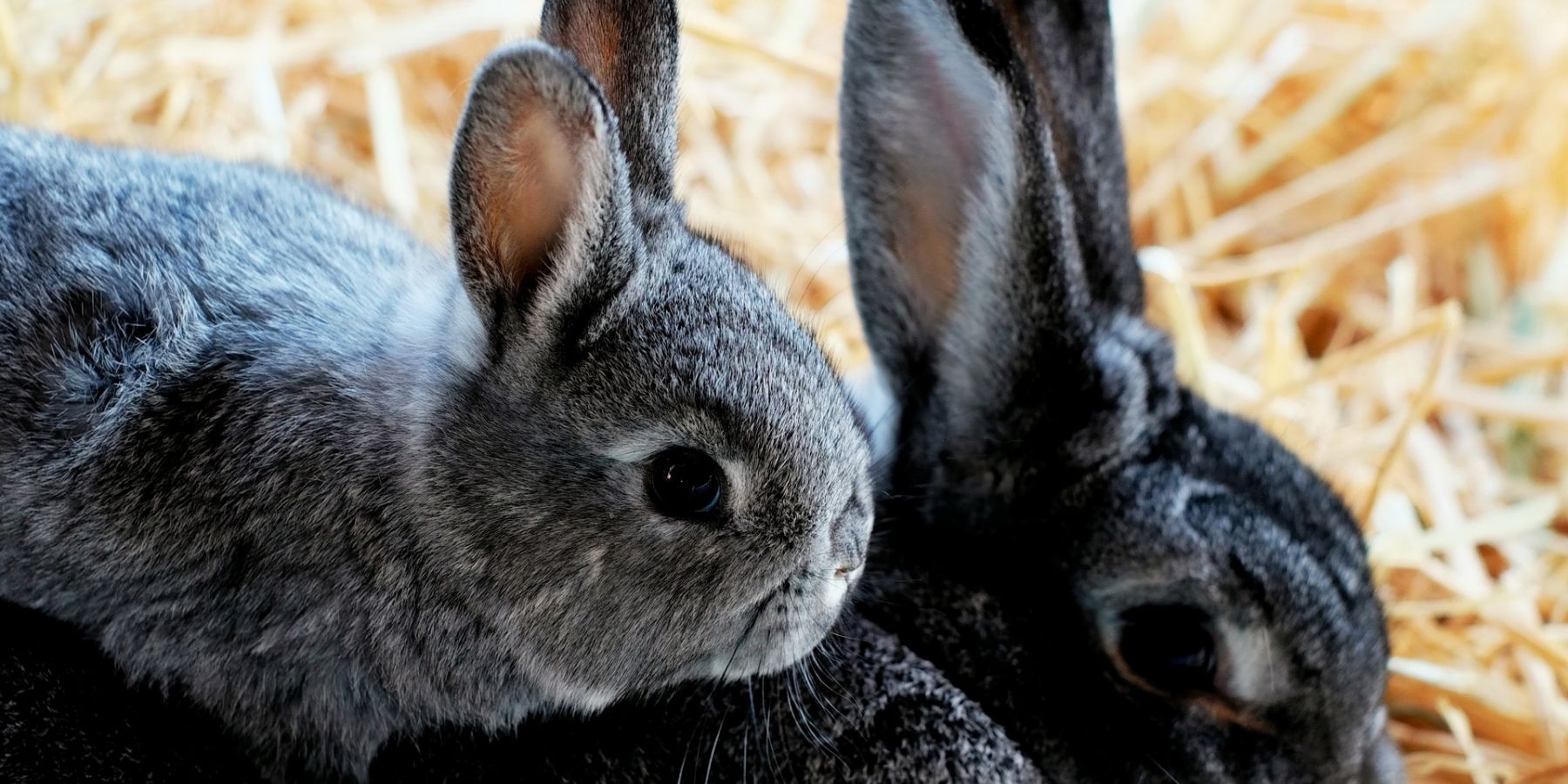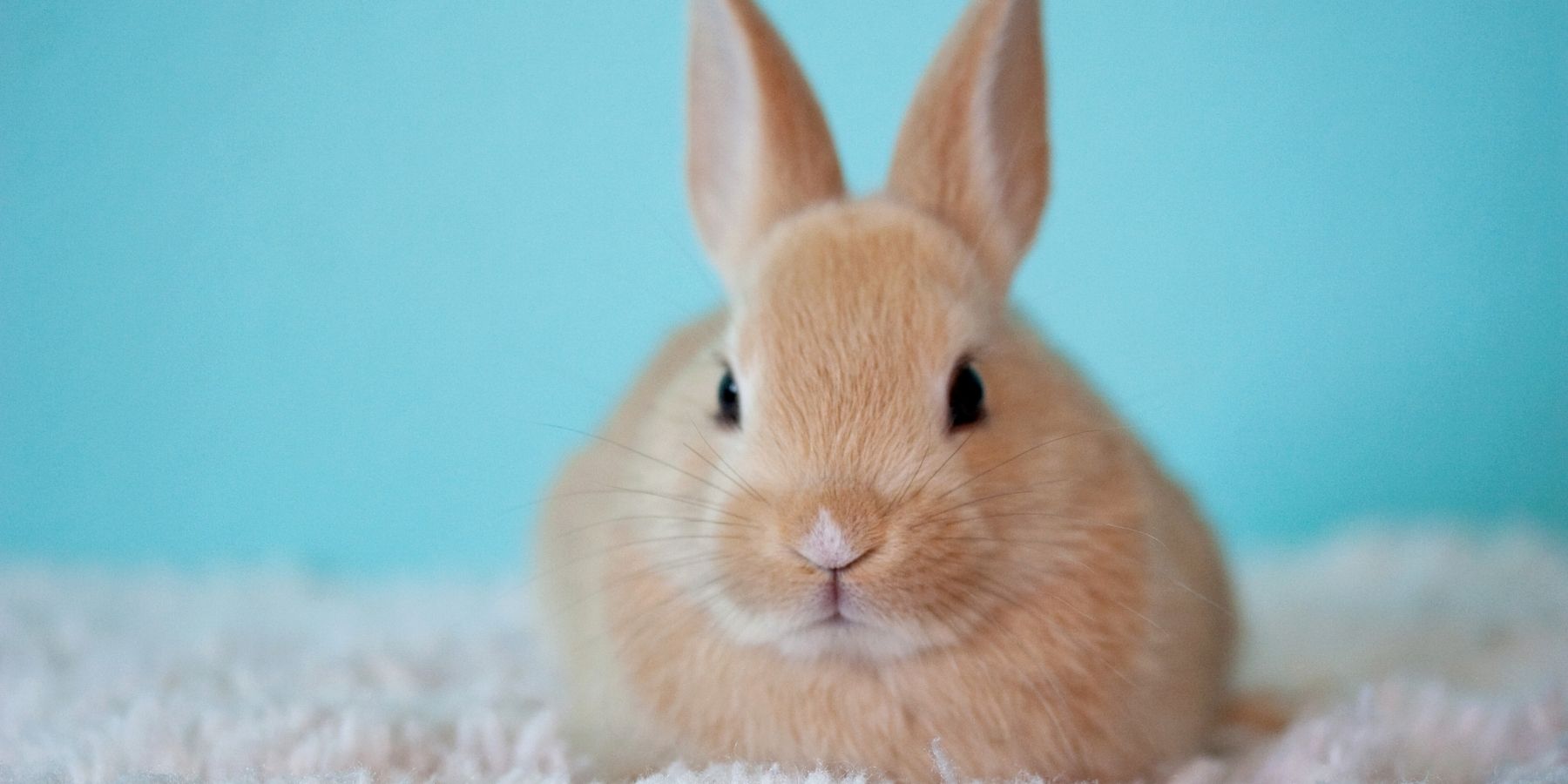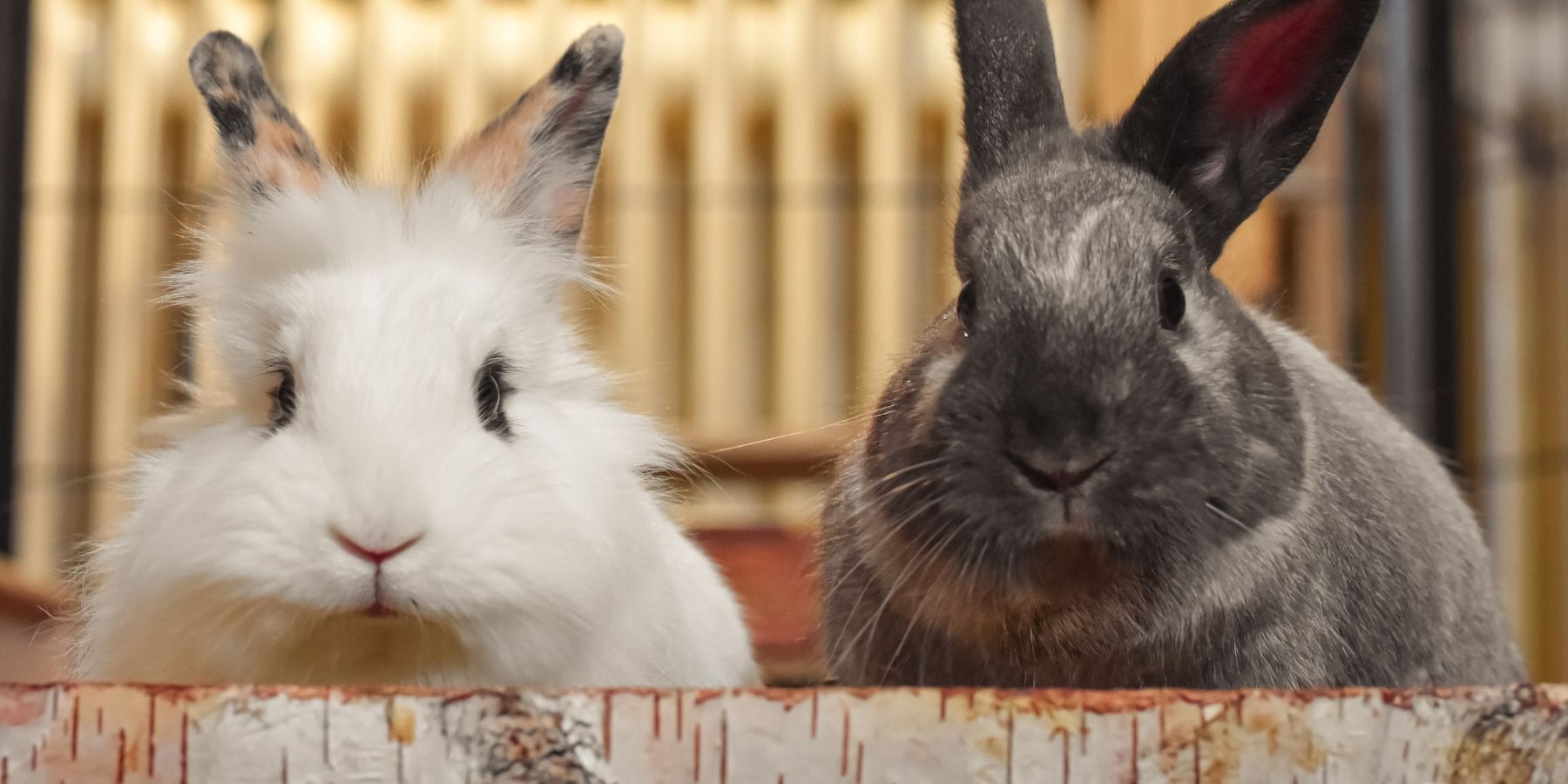How Long Do Pet Rabbits Live? – 4 Things To Consider
How long do pet rabbits live? Pet rabbits live between 8 and 12 years. However, how long your rabbit lives as a pet depends on several factors. For example, a healthy diet, adequate playtime, and grooming can extend your pet rabbit’s lifespan.
Life Expectancy Depends On Pet Rabbit Breed
When estimating your rabbit’s life expectancy, consider is the type of pet rabbit you own. Larger rabbit breeds are more likely to have less time to live than smaller rabbits.
The ten most common rabbit breeds kept as pets are the following:
- Mixed Breed
- Holland Lop
- Lionhead
- Mini Lop
- Mini Rex
- Dutch
- Flemish Giant
- Netherland Dwarf
- English Angora
- Californian Rabbit
The Flemish Giant is the largest breed and typically lives between 5 to 7 years. Smaller species like the Mini Lop can live from 10 to 12 years.
Other Factors That Affect How Long A Pet Rabbit Lives
Besides the type of rabbit you choose, many other factors will affect your rabbit’s lifespan. It is just as essential to ensure that you’re properly caring for your rabbit to help it thrive. Like dogs and cats, Rabbits have the exact basic needs as humans in terms of nutrition, exercise, veterinary care, and a safe environment.
Playtime (Exercise)
Rabbits also need ample activities to stay fit and shed weight. Simple things that encourage movement and exploration are tunnels, ramps, boxes, and buckets. If you have a playpen for your rabbit, you can also add toys to entertain your bunny.
Speaking of toys, be sure that there is a variety as rabbits tend to get bored quickly. You don’t want your little bunny chewing on your carpet or furniture.
Give your rabbit at least three to four hours outside of their cage every day to play and exercise. Be sure to bunny-proof the area to avoid any problems. If your rabbit is hiding, read how to find a lost rabbit for some tips.
Diet & Nutrition
While exercise is beneficial for your rabbit, good nutrition will help them live a long life too. Rabbits can gain weight if they’re overfed. If not provided a varied diet, they could suffer from malnutrition. If you don’t know what rabbits eat, here’s a quick overview:
- Vegetables – leafy greens, carrots, broccoli, and others
- Hay – provides fiber; prevents dental disease; should make up the majority of their diet as they need to chew on it to keep their teeth from getting too long
- Rabbit pellets – only to supplement their core diet; avoid those containing nuts, corn, and seeds
- Treats – occasional treats are fine, don’t give them too many; rabbits enjoy fruit as a treat
- Water – rabbits always need access to clean water
Housing & Habitat
A rabbit’s habitat is also a crucial component of its lifespan. Rabbits ought to be kept indoors, in a pen or a cage. They must also have enough exercise time away from their hutch or cage daily.
They must have a place to lie on and storage space for food and water. Your rabbit also requires a clean, soft spot to sleep. It would be best to clean its cage and litter box daily to ensure that it does not smell and prevent hazardous bacterial growth.
When you plan for your rabbit to leave their cage, could you pay particular attention to it? You must be sure to keep it away from other animals. You must ensure that it stays away from high places to avoid injuries. Rabbit can up to reach high places, but it may not be able to get down.
Health & Vet
Help your pet rabbit stay as healthy as possible by scheduling routine veterinarian checks. These checkups will enable the vet to detect any issues your rabbit may have and alert you if any arise.
Consider spaying or neutering your bunny by the time they are six months old. Female rabbits have a high risk of getting fatal uterine and mammary gland cancers at a young age.
The Bottom Line
You now have an idea of how long pet rabbits live. Most pet rabbits live between 8 to 12 years, but proper diet, exercise, and habitat are all things that can help prolong your rabbit’s lifespan. Always take your rabbit to a vet if you need medical advice. Finally, you can watch this video for more information.






![What Do Pet Rabbits Love to Play With? [Guide 2025] Selective Focus Photo of Cute Rabbit](https://rabbitcarebasics.com/wp-content/uploads/2024/02/selective-focus-photo-of-cute-rabbit-692071-1024x683.jpg)
